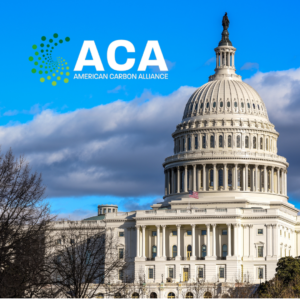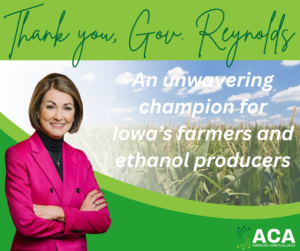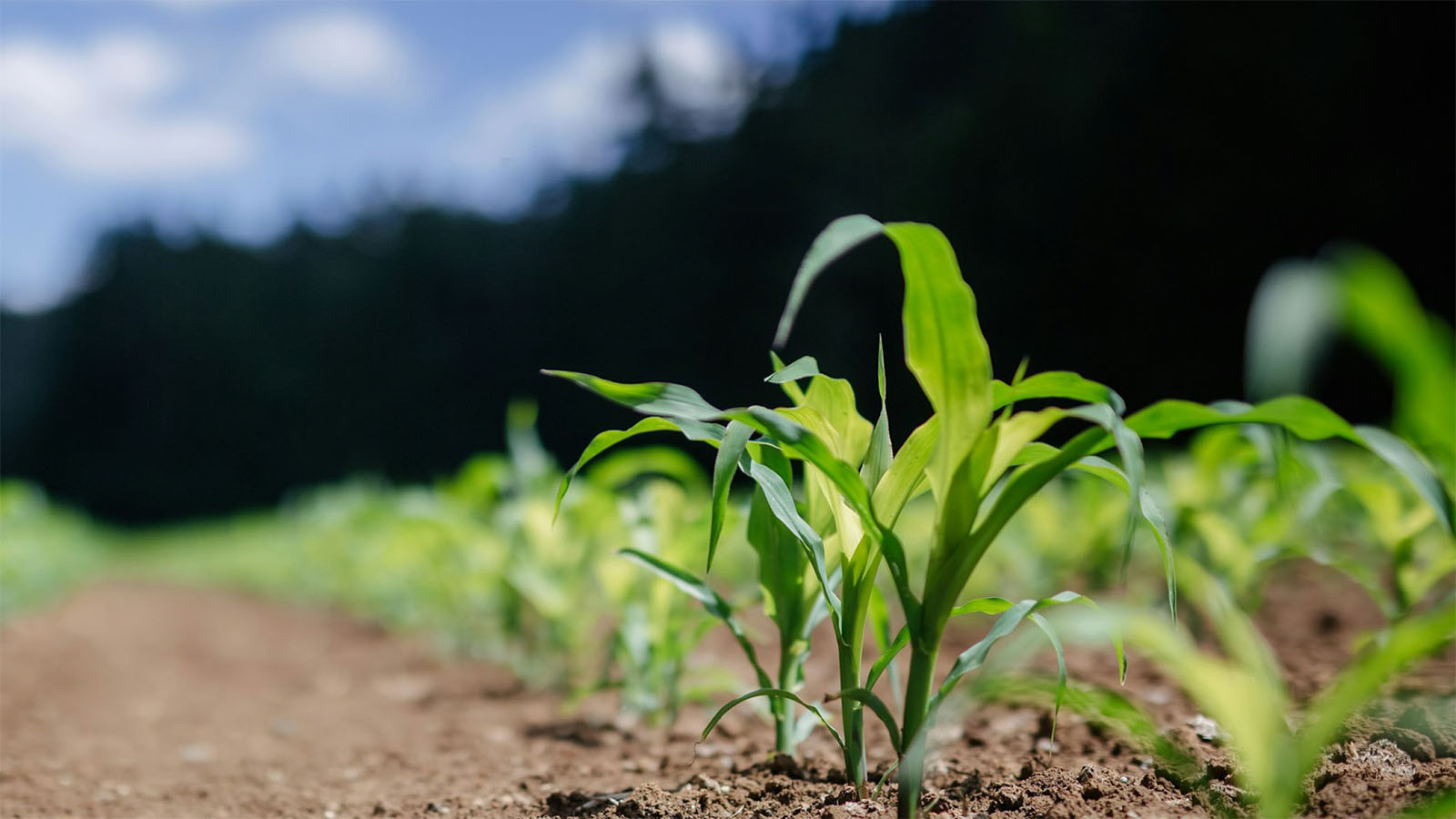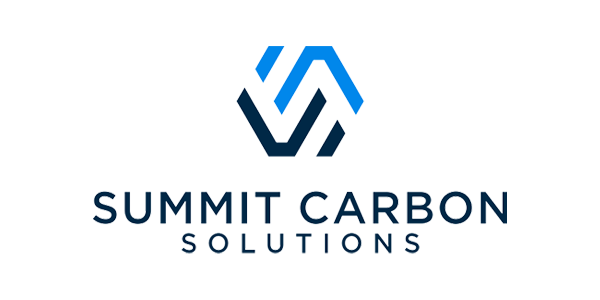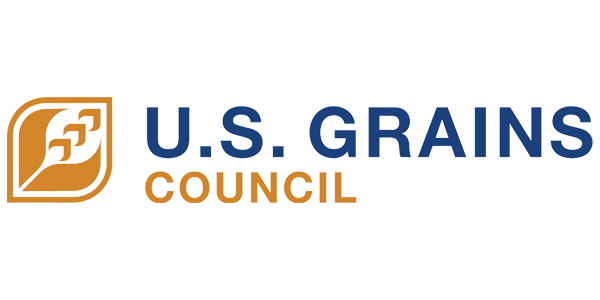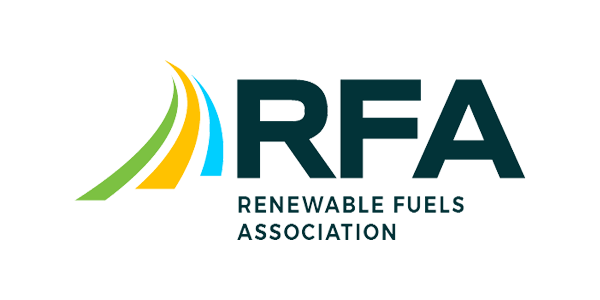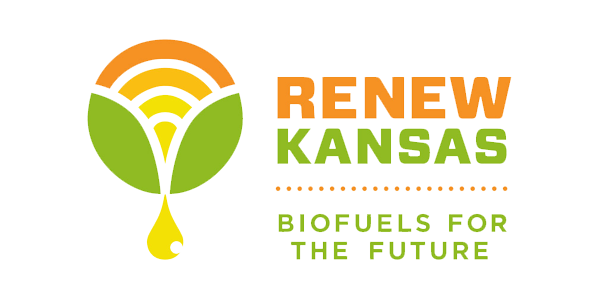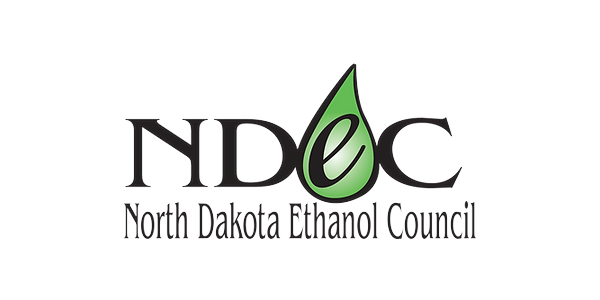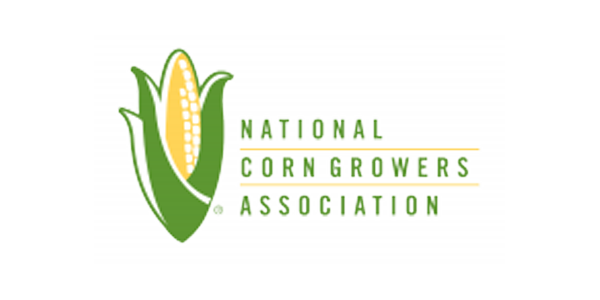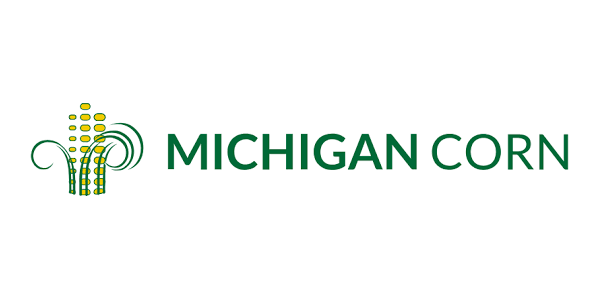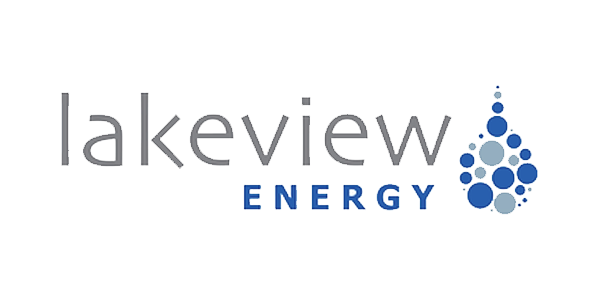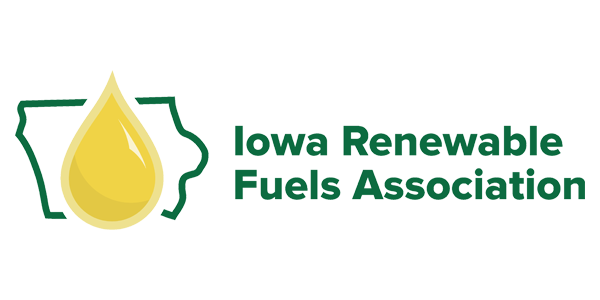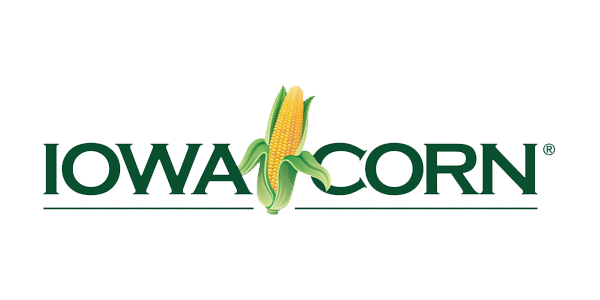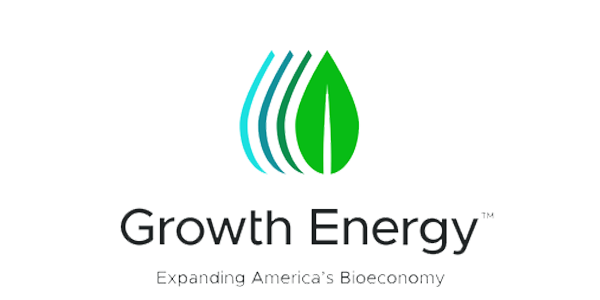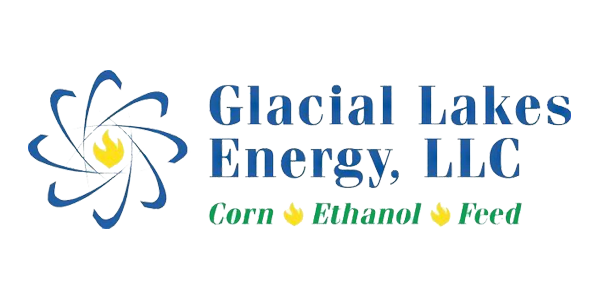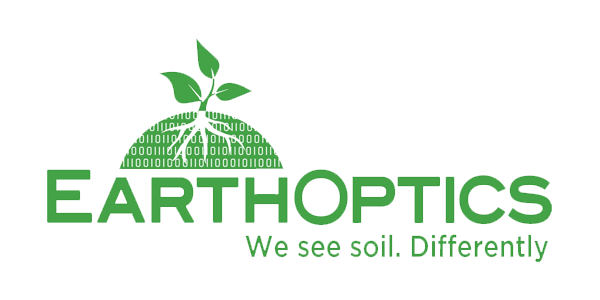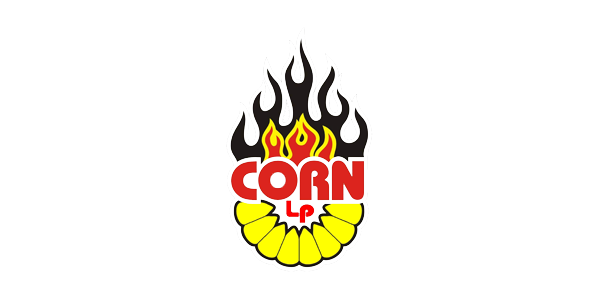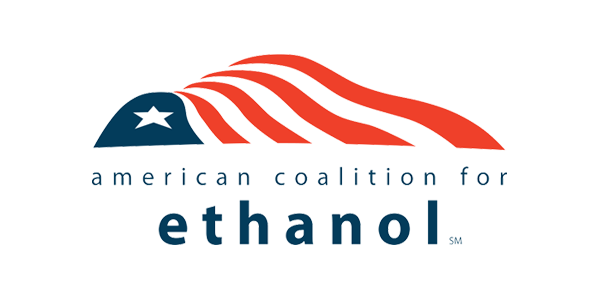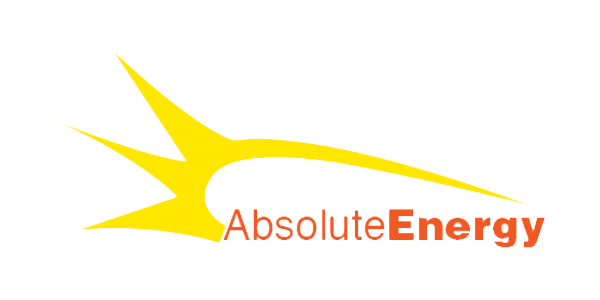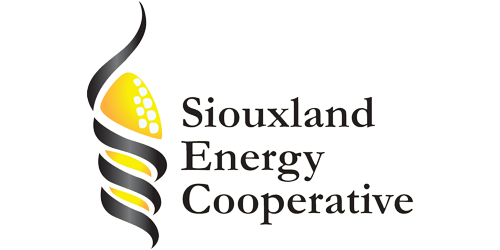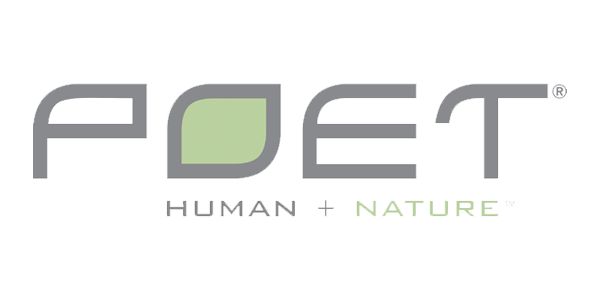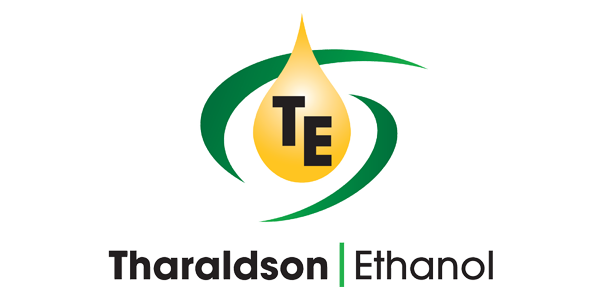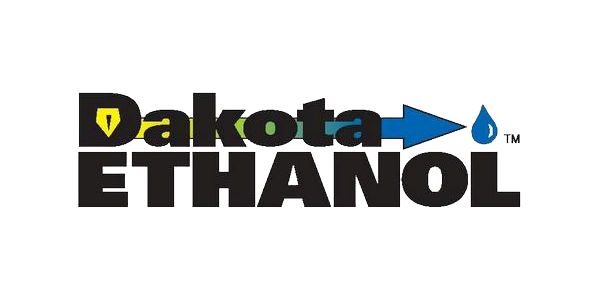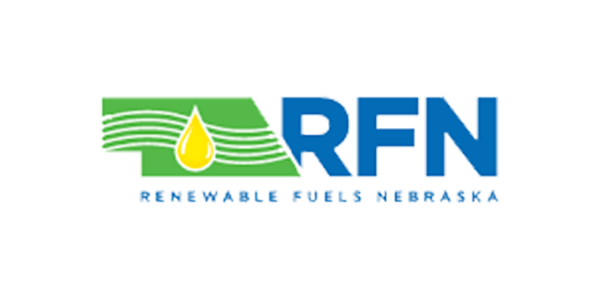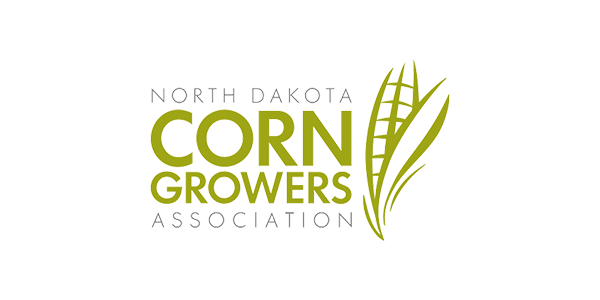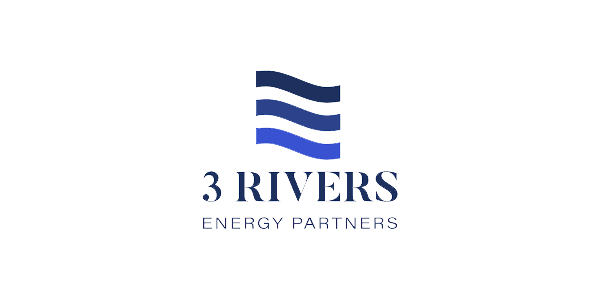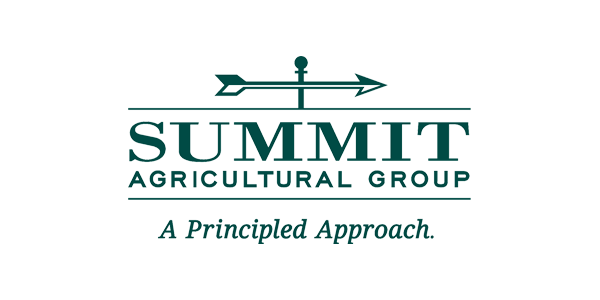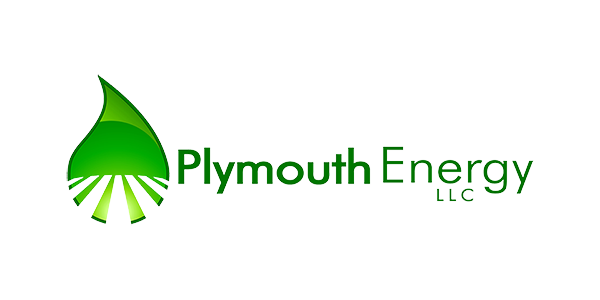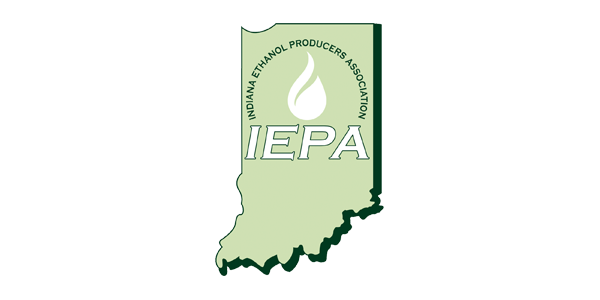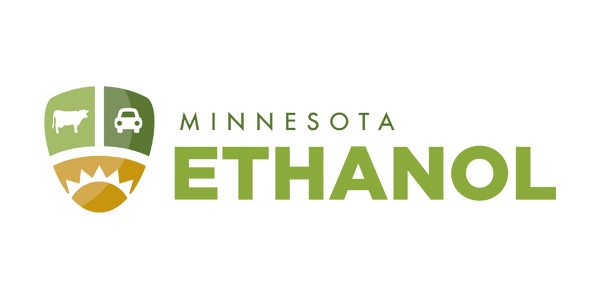The American Carbon Alliance is excited to be a part of the SAF Coalition. This new alliance of stakeholders from across the aviation industry value chain advocates for policies that:
✅ Support SAF production through tax credits and other long-term incentives
✅ Scale the supply of low-carbon, commercially competitive SAF
✅ Increase U.S. economic competitiveness in the SAF marketplace
✅ Grow a robust and competitive market for SAF
✅ Create jobs and increase U.S. fuel production and innovation
In all, 40 companies and organizations that hold a stake in the development and deployment of sustainable aviation fuel united joined the announcement about the formation of the Sustainable Aviation Fuel (SAF) Coalition. The organization is comprised of airlines and aircraft operators, agricultural enterprises, aircraft and aircraft equipment manufacturers, airports, technology developers, labor unions and biofuel producers.
“SAF will enhance domestic energy security, create new markets for American farmers, reduce aviation emissions and drive next-generation technology development,” said Alison Graab, Executive Director, SAF Coalition. “The membership of this coalition shows the deep support that SAF enjoys across aviation’s many stakeholders. Federal policies that support and increase SAF production will create jobs, spur innovation, reduce the environmental impacts of jet fuel, and enhance American energy security.”
Aviation accounts for roughly twelve percent of global transportation emissions and two to three percent of all carbon dioxide emissions. SAF is a lower carbon aviation fuel produced from a variety of feedstocks such as renewable biomass and waste resources that serve as a substitute to traditional jet fuel made from crude oil. SAF has chemical and physical properties similar to traditional jet fuel and does not require modifications to aircraft or infrastructure. SAF can reduce CO2 emissions by up to 80 percent on a lifecycle basis compared to traditional jet fuel.
Despite its potential, the SAF market is still in its infancy, and its current production capacity is limited, making it roughly two to four times more costly than traditional jet fuel. The SAF Coalition supports policies that will expand the supply of low-carbon, commercially competitive SAF; enhance U.S. economic competitiveness in the SAF marketplace; develop a robust and competitive market for SAF; and create jobs while increasing U.S. fuel production and innovation.
Members include:
- Advanced Biofuels Canada
- Air Line Pilot Association, International
- Airlines for America
- Alaska Airlines
- American Airlines
- American Carbon Alliance
- American Express Global Business Travel
- Atlas Air
- The Boeing Company
- Bracewell LLP
- Cincinnati/Northern Kentucky International Airport
- Darling Ingredients
- Enviva
- Fulcrum BioEnergy
- GE Aerospace
- Gevo
- Global Business Travel Association
- Green Plains
- Growth Energy
- Hawaiian Airlines
- International Airlines Group
- JetBlue
- LanzaJet
- LanzaTech
- NetJets
- POET
- Port of Portland
- Port of Seattle/Seattle-Tacoma International Airport
- Renewable Fuels Association
- RSM LLP
- San Francisco International Airport
- Spokane International Airport
- Sumitomo Corporation of Americas
- Summit Agricultural Group
- Topsoe
- Twelve
- United Airlines
- Velocys
- VeriJet
- World Energy
- XCF Global Capital
Additional information about the coalition can be found at theSAFcoalition.com.

